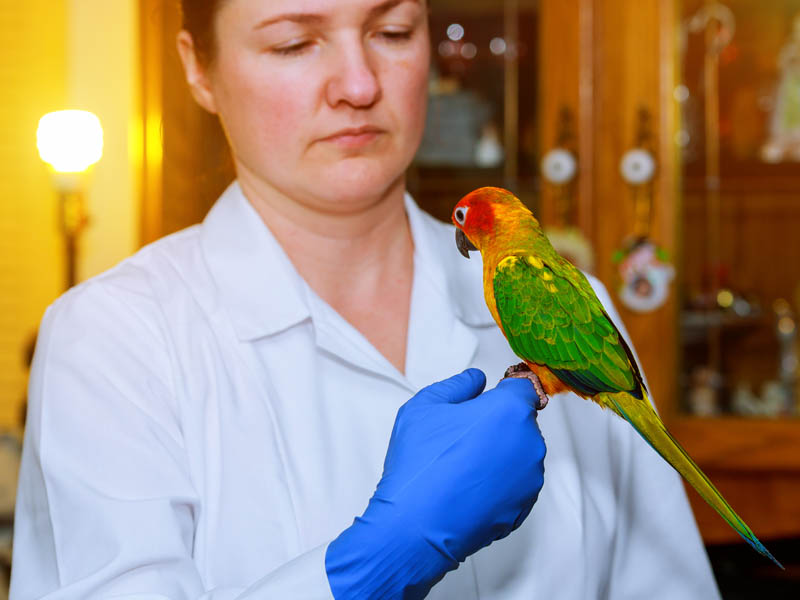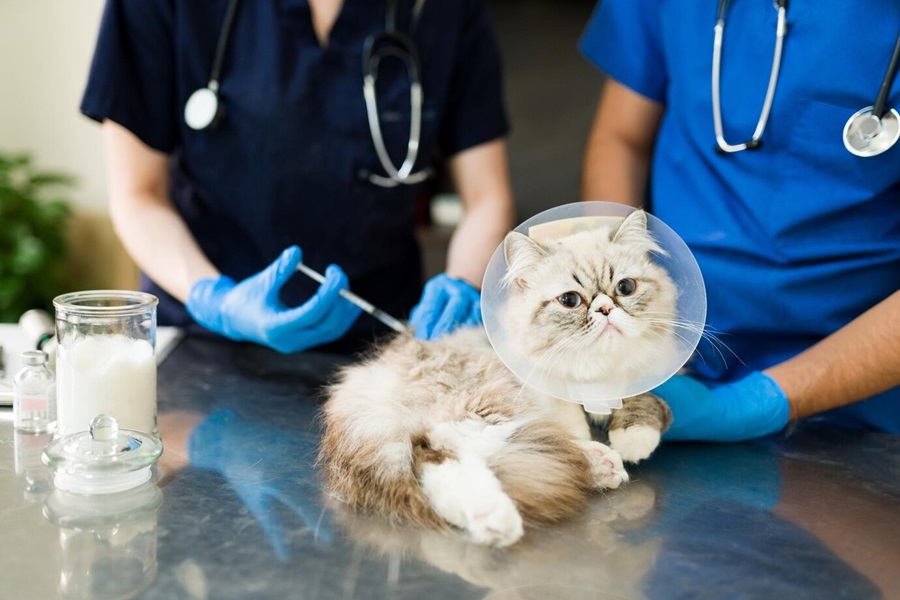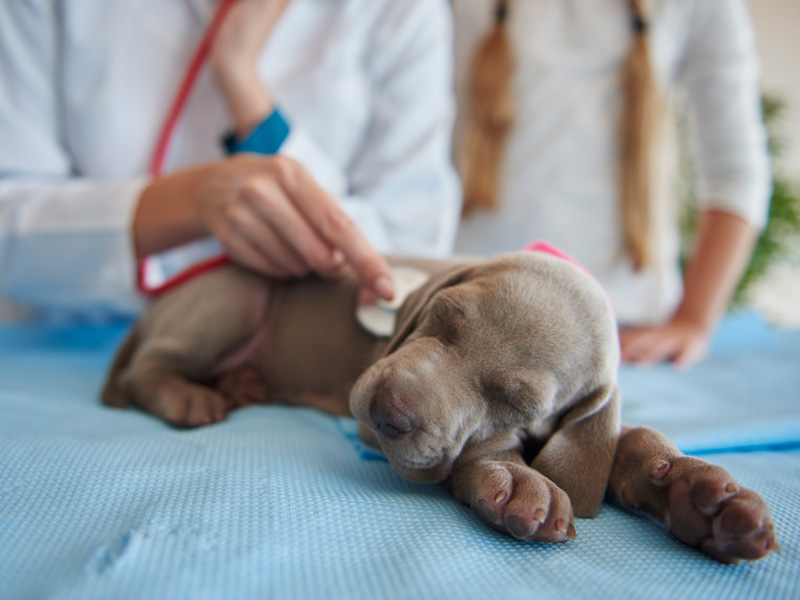Keeping Your Avian Companion Healthy: Identifying and Treating Bird Illnesses

Keeping Your Avian Companion Healthy: Identifying and Treating Bird Illnesses
Your adorable avian companions are intelligent, gorgeous, entertaining pets, but as it is true of all pets, sometimes it does get sick, and then when that time is, they present faint symptoms many a times unseen and unnoticed. But what does count is awareness and proper diagnosis followed by remedy in order to take care of the health condition of that beautiful bird.
Common Symptoms of Birds Illnesses
Birds hide their disease to avoid looking weak enough to be attacked by predators. It, therefore, becomes almost crucial for the pet bird owners to be attentive and keen on monitoring any slight change in the behavior or appearance of the pet bird.
Some common symptoms of illness among pet birds are:
Changes in Appetite: If your bird does not eat or drink water, it can be a sign of bird illness. Some birds will overeat, however, if they are under stress or even ill.
Fluffed-Up Feathers: The bird will puff out its feathers when it is unwell to retain body heat. If your bird stays puffed for quite a while, it may be an illness.
Lethargy: A diseased bird seems tired, often sleeping more at the bottom of the cage or sleeping out of its active times and can indicate a bird disease.
Weight loss: Keep monitoring your bird's weight since it might lose weight slowly or gradually due to malnutrition, infections, or health problems.
Labored breathing: It leads to respiratory-related infections or diseases, laboured breathing, wheezing, or the open beak for breathing.
Droppings: Changes in color, consistency, or frequency may be signs of infection or an imbalance in their diet. Vocalizations or Silence: A bird not singing or vocalizing anymore or suddenly making some weird noises may indicate stress or discomfort in the bird.
Plumage: Lack of feathers, poor quality, or excessive picking at feathers may be an indication of nutritional deficiencies, stress, or parasites.
Swollen or Colored Eyes: Discharge, redness, or swelling can be indicative of respiratory infections or allergies. Behavioral Changes: An ailing bird will likely become irritable or withdrawn and display excessive attachment behavior.
Bird Disease Diagnosis
You must hurry to an avian veterinarian immediately if you have identified any of these symptoms above in your avian companion.
Diagnosis of birds would be with
Physical Exam: Your vet should look at the general aspect, weight, and feather condition of the bird and check for any visible anomaly.
Blood Tests: Detection of infections, nutritional deficiency, or organ problems.
X-rays or Ultrasound: Imaging helps in the diagnosis of internal problems, such as tumors and enlargement of organs. Fecal Analysis: Examination of droppings will help detect parasites, infections, or some form of gastrointestinal problem.
Culture Tests: Swabbing of your bird's mouth, eye, or cloaca can show the presence of any bacterial, viral, or fungal infection.
Treatments of Sick Birds
Treatment depends upon the diagnosis and severity of the disease. Some common treatments are the following:
Medications: Drugs like antibiotics, antifungal, or antiparasitic may be required for infections. These are commonly administered orally, topically, or by injections.
Nutritional Support: Dietary changes or supplements would be advised if the bird is suffering from nutritional deficiencies or malnutrition.
Fluid Therapy: Your dehydrated bird may be administered fluids orally or through injection. Environmental Changes: Cleaning the cage, appropriate temperature, and stress relief will help your bird recover.
Isolation: The bird requires isolation from other birds if it suffers from a contagious bird illness.
Preventive Care for Birds
Preventive care is the best way to keep your avian companion healthy. Don't forget the following tips:
Annual health checkups with an avian veterinarian.
Well-balanced diet: Consisting of various seeds, fruits, vegetables, and specialized pellets for your bird. Keep the cage, perches, and food dishes clean in order not to be infected.
Opportunities to exercise and mentally stimulate your bird.
Monitor the bird's daily habits, and early detection is the way to successful treatment.
PeppyCare: Pets Now Easier to Care
PeppyCare connects pet owners with experienced vets to make the health care of your pet bird easy and seamless. From regular check-ups to special care for your feathered friend, access the most reliable professionals to take you through this process. Your bird is under the best possible care without ever leaving home with PeppyCare.
Being a responsible bird owner requires vigilance and attention to the changes in one's bird health and the need for early veterinary care. Being able to detect the signs of a bird’s illness, then ensuring an accurate diagnosis, and providing the proper treatment will surely give your bird a healthy and happy life that it deserves. With platforms like PeppyCare, one can always find expert help easily, making it easier than ever to prioritize the well-being of your pet.
2024-04-12 08:06:38 | Administrator
Recent Blogs

Identifying and Managing Infectious Diseases in Cats: Symptoms and Treatments
2025-03-28 07:33:14


Protecting Your Dog from Summer Heat Breed-Specific Tips
2025-03-18 12:47:51

Why Every Dog Needs the Canine Parvovirus Vaccine: A Comprehensive Guide
2025-02-26 11:33:37

Keeping Your Avian Companion Healthy: Identifying and Treating Bird Illnesses
2024-04-12 08:06:38

Spotting Babesia in Cats: Symptoms, Diagnosis, and Treatment
2024-04-12 08:06:32

Pawsitive Checkups: Why Routine Vet Visits are Essential for Your Dog
2024-04-12 08:06:23






